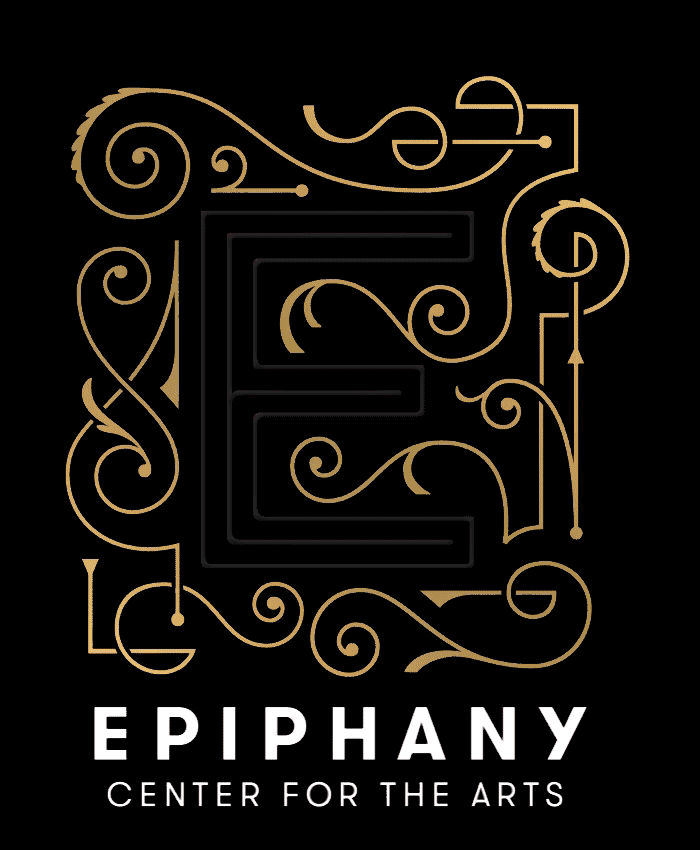Ear Taxi Festival is coming back to Chicago, free and bigger and bolder than before
CLICK HERE to Read the Original Chicago Tribune Article
For six autumn days in 2016, Chicago’s preeminent recital venues buzzed not with Beethoven or Brahms but the sounds of the future.
The inaugural Ear Taxi Festival, a massive undertaking curated by composer Augusta Read Thomas and Fulcrum Point New Music Project founder Stephen Burns, tapped hundreds of area artists and ensembles — from heavy-hitters like the Chicago Symphony Orchestra to lither upstarts — to perform music, much of it brand-new, by local composers. At the time, Ear Taxi 2016 felt as momentous and miraculous as planetary alignment, feelings only compounded when its 2020 iteration was deferred.
But fear not: Ear Taxi is whizzing across the city again from Sept. 15 through Oct. 4, and the ride will be exhilarating. Its theme, “Hear Chicago,” exhorts audiences to explore their city through myriad sounds, and, in executive and artistic director Jennie Oh Brown’s words, “break down silos” of genre which aesthetically and racially segregate the new music scene. As a result, this year’s festival is appropriately massive, even by Ear Taxi 2016 standards, counting 600 artists, 36 world premieres, and more than 20 venues, from the Kehrein Center in Austin to the Epiphany Center for the Arts in West Loop.
The cherry on top? Most of its hundred or so events will be completely free.
Ear Taxi 2021 scaffolds that vastness through two event groupings: the Spotlight Series (Sept. 15-29) and the Mainstage Series (Sept. 30 to Oct. 4). As outlined in an explainer on the festival’s site, Mainstage events compensate performers but require that artists perform sets that are sufficiently Chicago-centric and under 40 minutes in total. Those five jam-packed days are filled with music marathons spanning some 10 or 11 hours on average, often at more than one venue. They also include festival commissions by scene stalwarts Tonia Ko and Zachary Good (presenting their jointly devised work on Oct. 2), Tomeka Reid (played by D-Composed String Quartet on Oct. 3), and Janice Misurell-Mitchell (performed by a choir and instrumental ensemble comprising the flutist — composer’s many collaborators on Oct. 3).

Meanwhile, Spotlight is wholly artist-curated and organized. Presentations are promoted under the banner of Ear Taxi, but the festival neither pays artists nor takes cuts from ticket sales for their participation. That includes performances as roving as an outdoor carillon concert at Rockefeller Chapel (Joey Brink, Kaitlyn Foley, and Joseph Min, Sept. 28), a chamber performance at the Garfield Park Conservatory (Lakeshore Rush, Sept. 29), a string quintet at Bronzeville’s Phantom Gallery (“Eternal Units of Beauty” by Renée Baker, Sept. 26), and a showcase for wearable instruments at the Neo-Futurist Theater (Jenna Lyle and Riley Leitch, Sept. 23).
If you’re looking for a common denominator, respectfully, you’re missing the point. Curatorial director Michael Lewanski only half-jokingly describes the festival’s parameters as “Chicago, question mark?”
“The main question I brought into this process is, ‘What kind of music do we present?’ But I realized I wanted to ask that question and not answer it,” Lewanski says.

Though the festival is ephemeral by nature, this year’s Ear Taxi seeks to catalyze much larger conversations about similar questions in new music at large, and how inclusion within the supergenre has often fallen across racialized lines. Ear Taxi 2021′s mission statement is unequivocal, affirming “the vitality of Chicago’s musicians of color, and especially the contributions of Black musicians” in the festival’s call to action.
“We talked a lot about how important it is to say exactly what you mean, which has been a challenge for a lot of organizations over the last year,” says community engagement director LaRob Payton. “We wanted to make sure we weren’t gatekeeping what’s typically gate-kept in the classical world.”
True to Lewanski’s “ask, not answer” ethos, the festival doesn’t seek to provide immediate solutions to massive structural inequities — how could it? But Ear Taxi 2021 is primed to act as a facilitator. Composer, performer, and scholar George Lewis returns to Ear Taxi with a keynote talk, incisively titled “New Music Decolonization in Eight Difficult Steps,” and Payton moderates a panel on Sept. 30 at the Kehrein Center on how to un-silo artistic practices. An entire day devoted to professional development workshops (Sept. 29 at the DePaul Art Museum) and program book essays — on topics like COVID-19′s impact on Chicago artists and the history of Black music in Chicago, from Sun Ra to the present — bolster the festival’s philosophy of thinking out loud.
Ear Taxi 2021 is more ambitious than ever, but festivalgoers from 2016 will be pleased to note that its civic spirit has, if anything, been bass-boosted. Chicago takes center stage here, as it always does — and always will.
“The bigness of the festival is a tribute to Chicago musicians, and (how) Chicago isn’t a fixed, reified thing in the world. It’s a thing that changes all the time,” Lewanski says.
More programming details are available at eartaxifestival.com.
Hannah Edgar is a freelance writer.
The Rubin Institute for Music Criticism helps fund our classical music coverage. The Chicago Tribune maintains complete editorial control over assignments and content.

Hannah Edgar
For Chicago Tribune


